Kanuma City, Tochigi栃木県鹿沼市
Living in Kanuma City, Tochigi
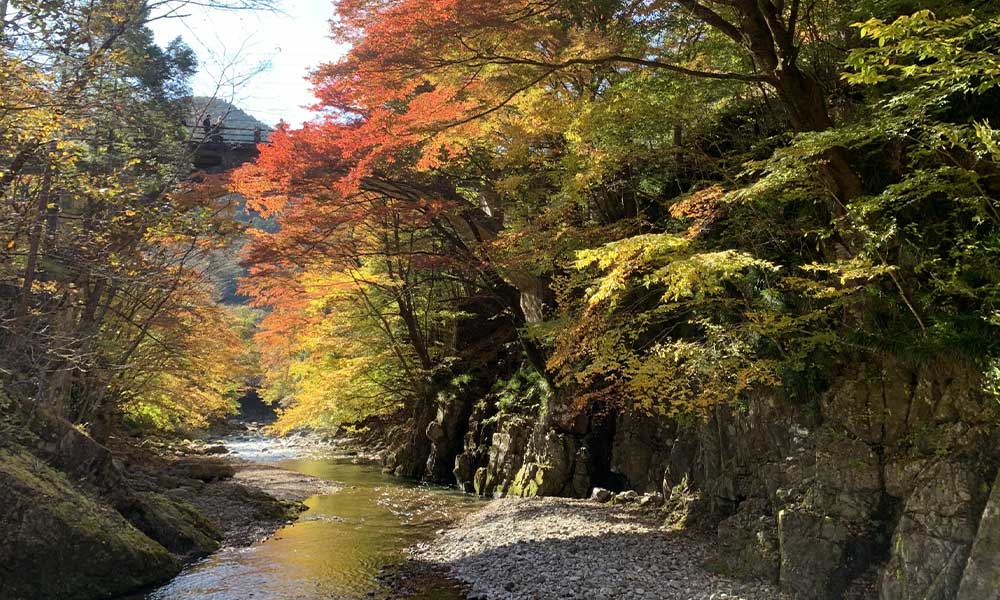
We have Summarized the livability of Kanuma City, Tochigi.
CENTRAL AREA県央地域
CONTENTS
- What kind of place is Kanuma City?
- Kanuma CityPR video
- How is the traffic situation in Kanuma City?
- How are the rent and land prices in Kanuma City?
- How is childcare and education in Kanuma City?
- How about shopping in Kanuma City?
- How about jobs and recruitment in Kanuma City?
- Kanuma City’s unique subsidy/subsidy system
What kind of place is Kanuma City, Tochigi?
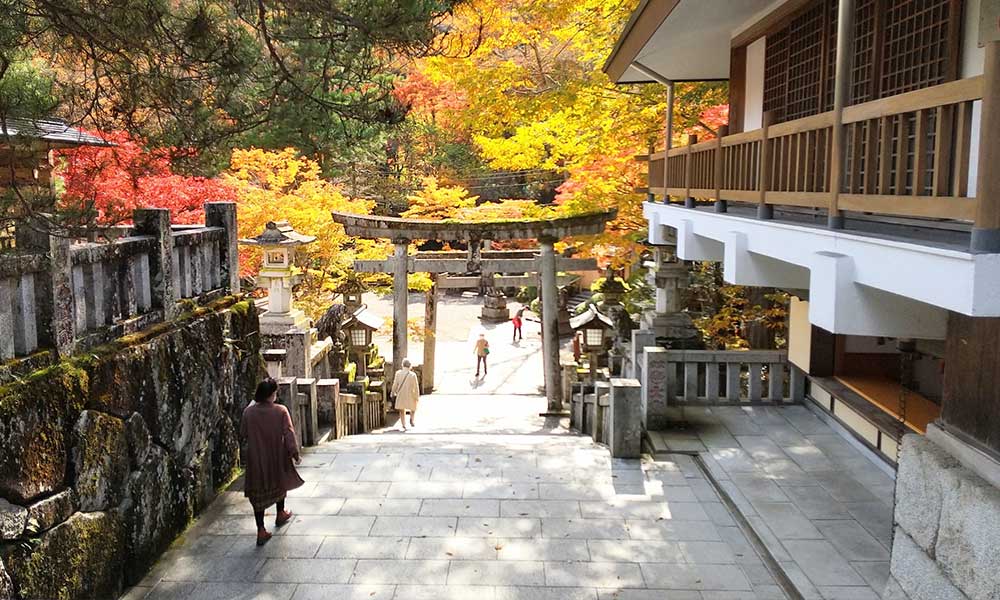
Kanuma City is located in the southern part of Tochigi Prefecture and is a quiet, rural town surrounded by nature.
Kanuma City is located slightly west of the central part of Tochigi Prefecture, covering an area of approximately 490.64 square kilometers.
It is bordered by Nikko City to the north, Utsunomiya City to the east, Mibu City and Tochigi City to the south, and Sano City and Midori City in Gunma Prefecture to the west.
As of September 2023, the population is approximately people, with about households.
About 70% of Kanuma City is covered by forests, with the Ashio Mountains in the west and the Kanuma Plateau in the east.
Kanuma City flourished as a castle town of the Mibu clan during the Sengoku period. In the Edo period, after the fall of the Mibu clan and the establishment of the Toshogu Shrine dedicated to Tokugawa Ieyasu, it developed as a key location connecting Edo and Nikko, centered around Kanuma-juku.
During the Meiji period, it transitioned into a modern commercial and industrial city, evolving into a regional leader. The timber industry became prominent, and following the Great Kanto Earthquake, production increased significantly, leading to its reputation as a timber town.
In 1948, city governance was established, marking the birth of Kanuma City. After several mergers, it expanded to its current boundaries.
Today, Kanuma City is attracting attention as a town rich in forest resources, beautiful mountains, and clear streams, with a culture and industry nurtured by its long history.
Kanuma City produces the largest quantity of strawberries in Tochigi Prefecture, renowned for their high quality and popularity both inside and outside the prefecture.
In 2016, the city declared itself the “Strawberry City,” unifying its symbol colors and characters around strawberries, thus establishing a brand as a town rich in strawberries.
Kanuma City has many historical and popular tourist attractions.
The Furumine Shrine, also known as “Tengu Shrine,” is famous for being home to Tengu.
With Tengu statues and masks found in various places, and Tengu depicted on the goshuin (temple stamp), visitors can feel the presence of Tengu throughout the shrine.
It is well-known as a power spot for fire prevention and theft protection, attracting many visitors year-round for events such as New Year’s visits, Setsubun (Bean-Throwing Festival), and autumn foliage.
The Kanuma Imamiya Shrine is about a 14-minute walk from Shinkanuma Station on the Tobu Nikko Line, and its annual festival in October is famous.
The beautiful carvings of the karamon gate and the vermillion main hall are popular. The carving float event held during the October festival is registered as a UNESCO Intangible Cultural Heritage.
It is also well-known as a deity for matchmaking, attracting many visitors looking to purchase the “Tama no Kushi Amulet.”
PR video of Kanuma City, Tochigi
[Kanuma City’s charm in 1 minute] Jibun Style Kanuma
I decided to try teleworking in Kanuma.
How is the traffic situation in Kanuma City?
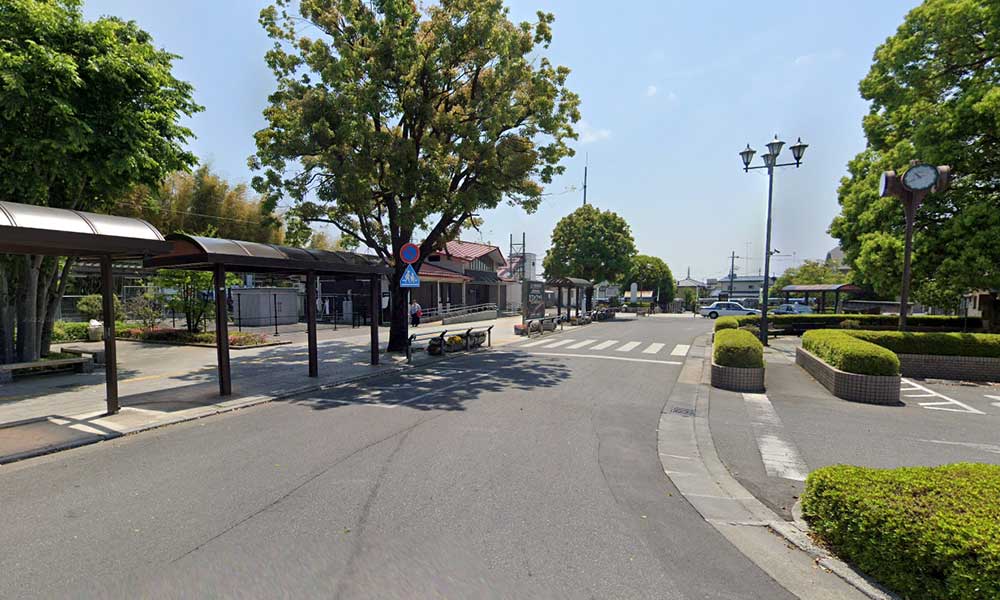
Kanuma City has two train lines and good transport links to major cities.
There are 2 train lines and 6 stations within Kanuma City. The train lines serving Kanuma City include the Tobu Nikko Line, which connects Tochigi City and Mibu Town to the south with Nikko City to the north, and the JR Nikko Line, which connects Utsunomiya City to the east with Nikko City to the north.
The stations on the Tobu Nikko Line are “Kitakanuma Station,” “Itahana Station,” “Momoyama Station,” “Shinkanuma Station,” and “Nerigi Station,” while the station on the JR Nikko Line is “Kanuma Station,” making a total of six stations in the city.
The main roads running through Kanuma City include National Route 121, which connects Mibu Town to Nikko City; National Route 293, which connects Tanuma City to Ibaraki Prefecture; and National Route 352, which connects Kaminokawa Town to Niigata Prefecture. Additionally, the Kanuma IC on the Tohoku Expressway provides access to expressways.
Route buses operated by Kanto Transportation are available within Kanuma City.
There is also the relatively low-cost Kanuma City bus, the Rebus, which circulates around major facilities in the city.
Furthermore, there are express buses providing direct access to major facilities such as Narita Airport and Haneda Airport, as well as long-distance buses connecting to Osaka and Nagoya.
There are two train lines, so it’s convenient to travel to neighboring areas. There are also many express buses that go directly to major cities.
It takes a long time to get to the city center, making it inconvenient for commuting to work or school.
How are the rent and land prices in Kanuma City?
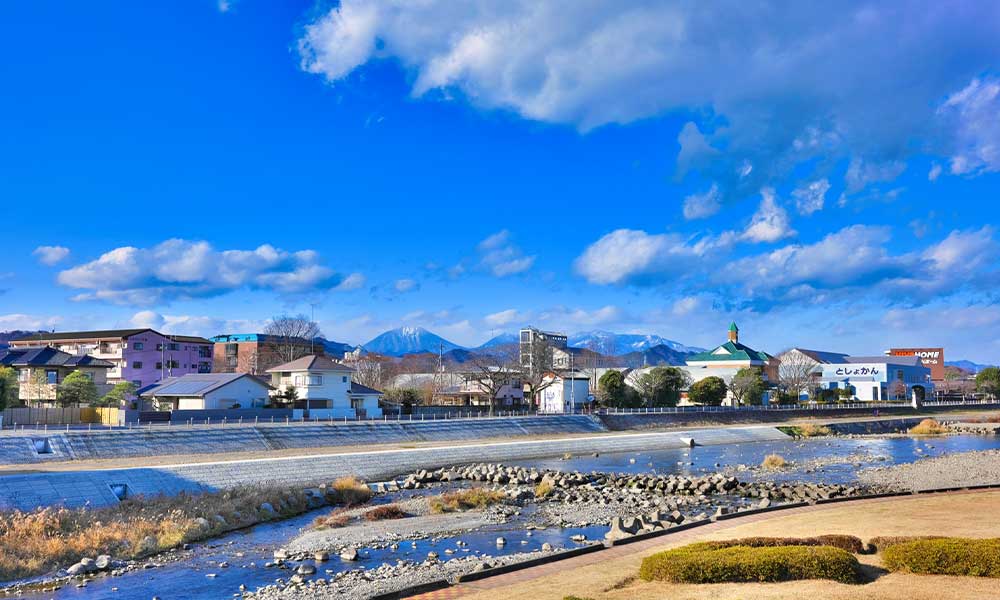
Kanuma City has a relatively low market price, so there are many options when choosing a home.
According to information from a real estate information website, the average rent in the city for a newly built apartment within a 10-minute walk from the station is about 52,000 yen for a 1K and 70,000 yen for a 2LDK. The average land price per tsubo is about 90,000 yen per tsubo.
Kanuma does have apartments and condominiums, but detached houses are the predominant form of housing.
The area is surrounded by rural scenery and offers a peaceful living environment. It is an attractive area for those who want to live in an environment rich in nature.
Mountainous areas can be at high risk of natural disasters, so appropriate disaster prevention measures and risk management are necessary.
How is childcare and education in Kanuma City?
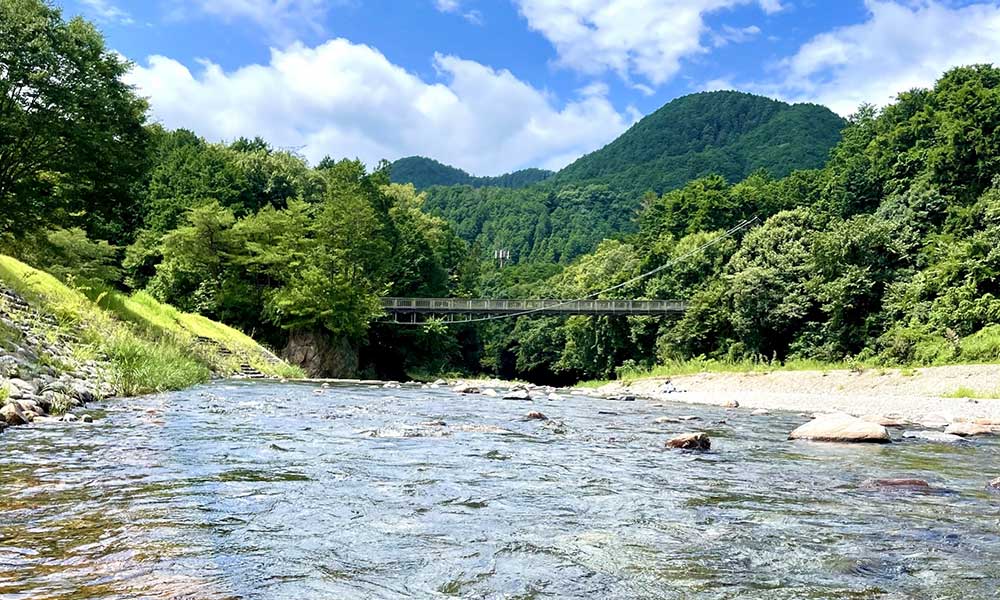
Kanuma City has a wide range of childcare and educational facilities, from kindergarten to high school.
Kanuma City has 21 nursery schools, 9 kindergartens, 26 elementary schools, 10 junior high schools, and 6 high schools.
The Child Medical Expense Assistance program covers children under 18 years old (up to March 31 after turning 18) for both outpatient and inpatient care, providing full subsidies.
Child allowances are given as follows: ¥15,000 for children under 3, ¥10,000 for the first and second children aged 3 and older until they enter elementary school, ¥15,000 for the third child and beyond, and ¥10,000 for junior high school students.
Kanuma City also offers its own support systems.
The Ichigokko Birth and Childcare Support Program provides a birth support gift of ¥50,000 per person and a childcare support gift of ¥50,000 per person after an interview.
Under the Child Seat Purchase Subsidy Program, up to ¥10,000 or half the purchase price (whichever is lower) is provided for child seats, and up to ¥50,000 or half the purchase price for three-person bicycles is also subsidized.
The Short-Stay Childcare Support Program allows children to be cared for at local child welfare facilities if their parents are unable to care for them due to illness or other unavoidable circumstances.
Inside the Kanuma City Flower and Tree Center, there is a children’s play area called Ichigokko Plaza, where children can play safely indoors. This facility also serves as a place for children and parents of the same age to interact.
The water and air are clean, and there are mountains and rivers, so you can raise your children freely in the natural environment.
There are no educational institutions beyond high school, so commuting to school is time-consuming and expensive.
How about shopping in Kanuma City?
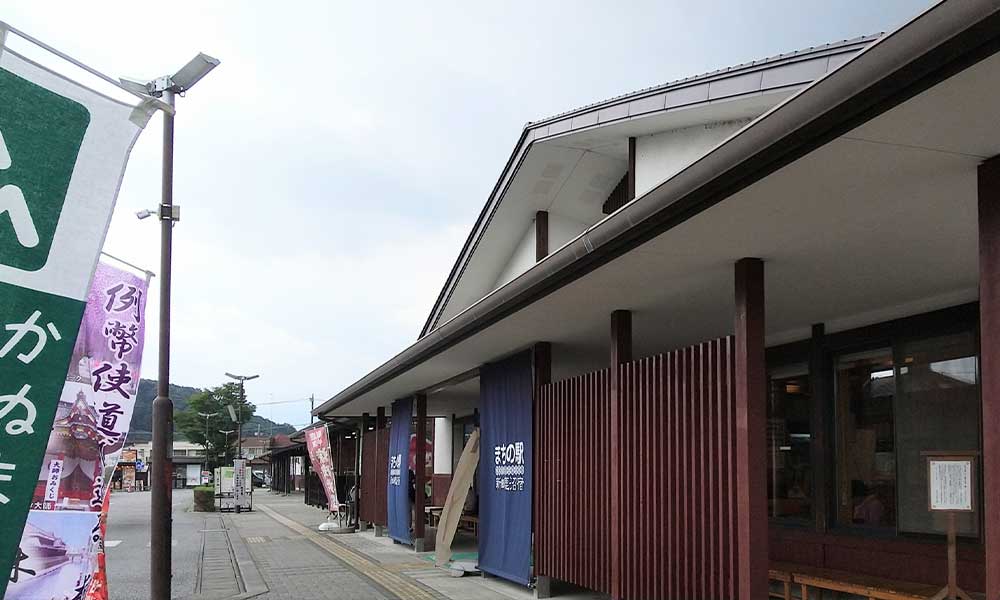
Kanuma City is a town with everything from supermarkets to specialty stores, so you won’t be short of daily necessities.
There are relatively many shopping facilities within the city.
Although small, Fukudaya Kanuma Store offers high-end clothing and gourmet products and is located within walking distance from Kanuma Station. It is a beloved department store known for its convenience, catering to the residents of Kanuma City.
Machi no Eki Shin-Kanuma-juku is a popular facility where visitors can purchase local specialty products, including fresh vegetables and fruits.
It also features restaurants, a bento shop, cafes, and bicycle rentals.
Additionally, there are about 13 supermarkets in the city, primarily including YaoHan and York Benimaru.
There are a variety of shopping facilities including supermarkets, department stores and roadside stations.
There are few stores where you can buy fashionable clothing and miscellaneous goods.
How about jobs and recruitment in Kanuma City?
Kanuma City: A city where retail and agricultural jobs are the main focus
The average annual salary in Kanuma City is 3,050,000 yen.
Kanuma City is an agriculturally-rich region, and there are many job openings related to agriculture, such as farm work and the processing and sale of agricultural products.
Other local industries are also well established in the area, including the textile and wood industries.
In addition, there are areas with a concentration of factories, such as the Kanuma Industrial Park and the Woodworking Park, so you can expect a certain number of job openings.
There is a wide range of jobs available, including agriculture, manufacturing, and services.
Since the number of job openings is limited, there may be high competition for popular companies.
Kanuma City, Tochigi’s unique subsidy/subsidy system
Kanuma City, Tochigi’s unique relocation assistance and relocation subsidy system
| Strawberry City KANUMA Supporters’ Relocation Assistance Trial Home “Ichigoichi House” Relocation Promotion Trial Accommodation Program Relocation Assistance Subsidy |








